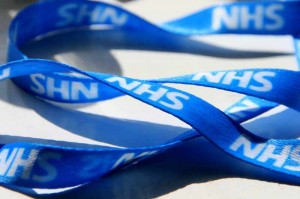 Thousands of health workers, including nurses, midwives and ambulance staff, have taken part in the first strike over pay for more than 30 years.
Thousands of health workers, including nurses, midwives and ambulance staff, have taken part in the first strike over pay for more than 30 years.
But disruption was minimised after unions agreed staff would make sure emergency care was covered reports BBC.
Workers from seven trade unions took part from 07:00 to 11:00 BST in England, while two unions were involved in Northern Ireland.
The strike is being followed by four-days of work-to-rule from Tuesday.
This is expected to involve staff refusing to do overtime without extra pay and insisting on taking their breaks.
The full picture has yet to emerge about how much disruption was caused by Monday’s walkout.
In advance, unions and managers had met to ensure essential services were maintained.
Military personnel and police were also put on stand-by to help ambulance services if needed.
As the walkouts progressed, reports emerged of ambulance services developing backlogs – although bosses said the life-threatening cases were being prioritised.
Ministers in England have awarded NHS staff a 1% increase, but only for those without automatic progression-in-the-job rises.
These, designed to reward professional development, are given to about half of staff, and are worth 3% a year on average.
An independent pay review board had said the 1% increase should be across the board.
It was implemented in full in Scotland. Northern Ireland has yet to make a decision on pay, while Wales did the same as England but did give extra to the lowest paid. Some unions are balloting their Welsh members about action there.